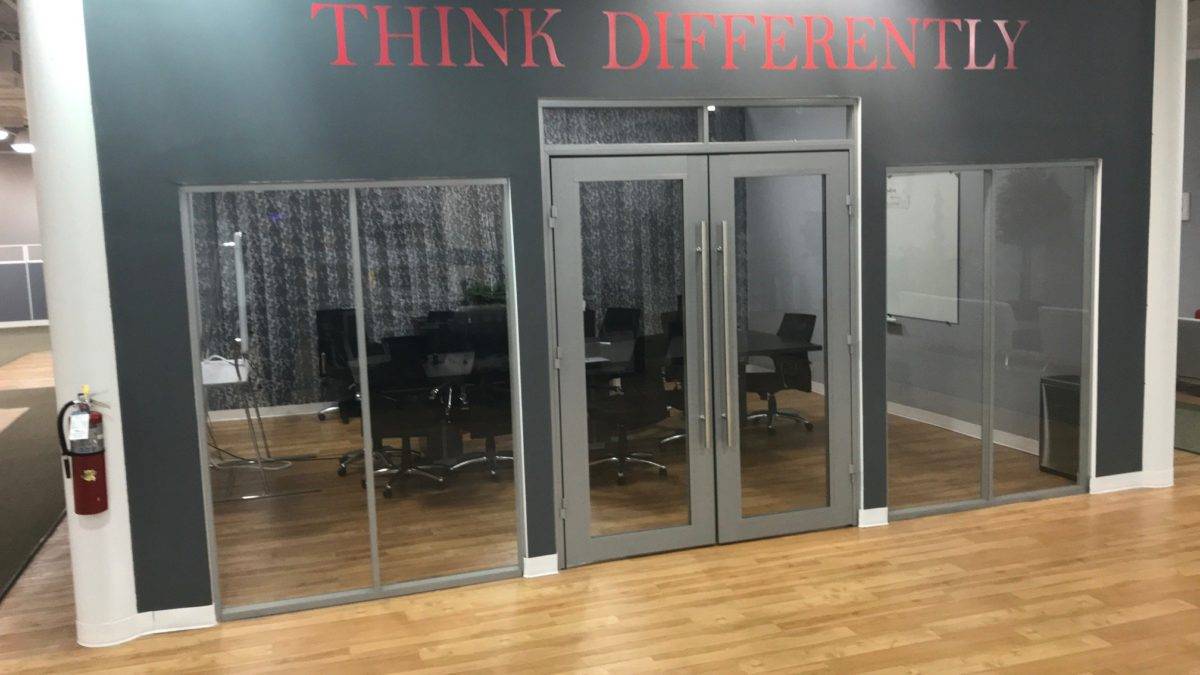
The aftermath of the Great Recession, and the continuing Student Debt Crisis, have many young people thinking about alternatives for getting the education they need. In fact, Gen Z is now bucking the trend: a recent article from Community College Review points out that national enrollment figures for traditional, four-year universities dropped by two percentage points in 2016, while enrollment in community colleges increased exponentially.
Pundits are still debating whether this is a freak occurrence versus the bursting of the university education bubble; however, what is undeniably true is that many aspiring students, families, and working professionals are all reviewing educational alternatives in a different light.
There are five different circumstances that are forcing this shift in cultural perceptions:
The Price Tag
Let’s be honest: university education is prohibitively expensive – and more people are doubting the value per dollar spent on it. It’s now common for loved ones to give new parents money for a newborn’s tuition! The idea that the new parents of a baby should be thinking about College Savings Accounts, or 529’s, while still in the maternity ward is staggering. The alternative is for young students to take on crippling amounts of student debt. People are finally beginning to reject this idea. We’ve previously discussed options such as Income Sharing Agreements, or ISA’s. At the end of the day: today’s students are more interested in getting fair value for money spent; rather than paying more than they can afford for often times the same quality of education.
Let’s be honest: university education is prohibitively expensive – and more people are doubting the value per dollar spent on it. It’s now common for loved ones to give new parents money for a newborn’s tuition! The idea that the new parents of a baby should be thinking about College Savings Accounts, or 529’s, while still in the maternity ward is staggering. The alternative is for young students to take on crippling amounts of student debt. People are finally beginning to reject this idea. We’ve previously discussed options such as Income Sharing Agreements, or ISA’s. At the end of the day: today’s students are more interested in getting fair value for money spent; rather than paying more than they can afford for often times the same quality of education.
Managing Pre-Requisite Courses
Some students are simply not ready for traditional universities – specifically in terms of academic readiness. Students who grades or educational coursework are not yet up to par are generally required to take pre-requisite courses, before beginning their proper curriculum. The problem is that taking these courses requires a layout of extra time, as well as tuition. Today’s students are questioning the value of paying full university tuition for courses that will not directly count towards their degree. The alternative, that many are exploring, is to take these pre-requisite courses at community colleges. This allows them to pay more reasonable prices for these “catch up” courses without breaking the bank.
Some students are simply not ready for traditional universities – specifically in terms of academic readiness. Students who grades or educational coursework are not yet up to par are generally required to take pre-requisite courses, before beginning their proper curriculum. The problem is that taking these courses requires a layout of extra time, as well as tuition. Today’s students are questioning the value of paying full university tuition for courses that will not directly count towards their degree. The alternative, that many are exploring, is to take these pre-requisite courses at community colleges. This allows them to pay more reasonable prices for these “catch up” courses without breaking the bank.
Flexible Schedules
A growing number of students have begun working full-time while working. Whether that be for personal, family, or economic reasons – they need education programs that will cater to their needs. Increasingly, schools are catering to this student demographic through offering classes during evenings, weekends, or online; so that busy students can still get the skills they need to grow.
A growing number of students have begun working full-time while working. Whether that be for personal, family, or economic reasons – they need education programs that will cater to their needs. Increasingly, schools are catering to this student demographic through offering classes during evenings, weekends, or online; so that busy students can still get the skills they need to grow.
Faculty with Industry Experience
Community colleges and other such institutions generally prefer to hire working professionals as faculty. This means that you’ll find Marketing Directors and Financial Analysts in their Business Schools, Programmers and Data Scientists in the Data Science schools, and active Clinical Trial Managers running their Clinical Research programs. Let’s not put this gently: Community Colleges hire academic professionals – not professional academics!
Community colleges and other such institutions generally prefer to hire working professionals as faculty. This means that you’ll find Marketing Directors and Financial Analysts in their Business Schools, Programmers and Data Scientists in the Data Science schools, and active Clinical Trial Managers running their Clinical Research programs. Let’s not put this gently: Community Colleges hire academic professionals – not professional academics!
Dedicated, Adult Students
Another, often overlooked, benefit of non-traditional schools is that they tend to attract older, working professional students. These may be people returning home from the military, industry professionals coming back to finish their education and upskill, or simply people who’ve taken some time to decide what they want before proceeding. The end result is a community of student professionals with FOCUS, who are dedicated towards their educational goals. Traditional universities are often described as “adult day care”. Students of non-traditional schools are mature adults who do not get distracted by parties and fraternities or sororities.
Another, often overlooked, benefit of non-traditional schools is that they tend to attract older, working professional students. These may be people returning home from the military, industry professionals coming back to finish their education and upskill, or simply people who’ve taken some time to decide what they want before proceeding. The end result is a community of student professionals with FOCUS, who are dedicated towards their educational goals. Traditional universities are often described as “adult day care”. Students of non-traditional schools are mature adults who do not get distracted by parties and fraternities or sororities.
In Conclusion
Hopefully this article has been helpful is highlighting a new and powerful potential path for people. Let us know what you think in the comments below. Of course, if you are considering new career opportunities for yourself, or someone in your life, then check out the Sollers College website and give us a call!
Interested to learn more? Email us at admissions@sollers.college or call (848) 299-5900.
Related posts
May 12, 2025
April 28, 2025



